Activities.
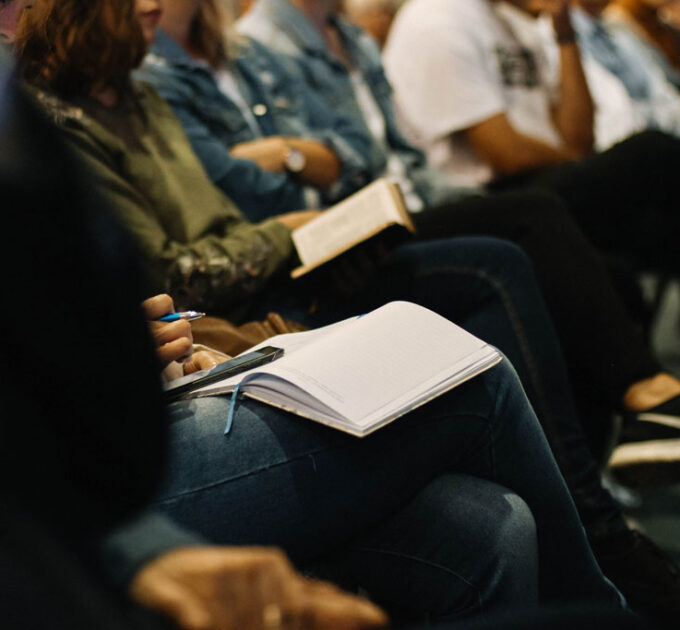
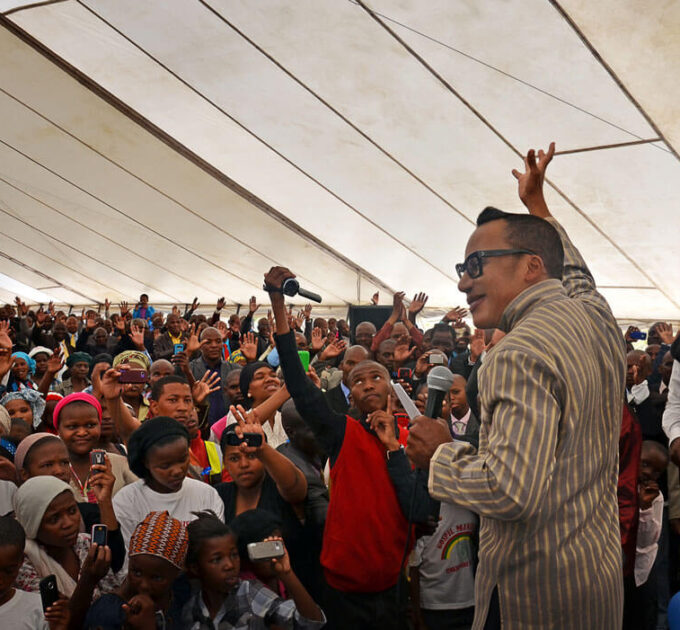
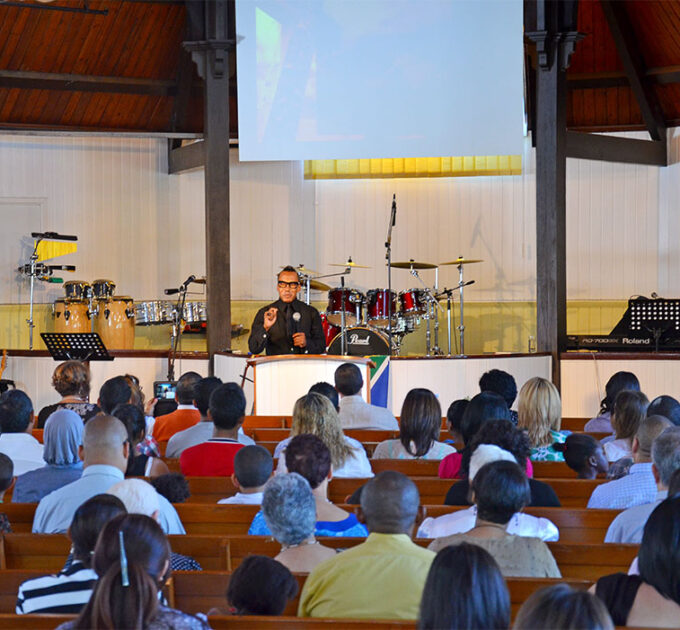
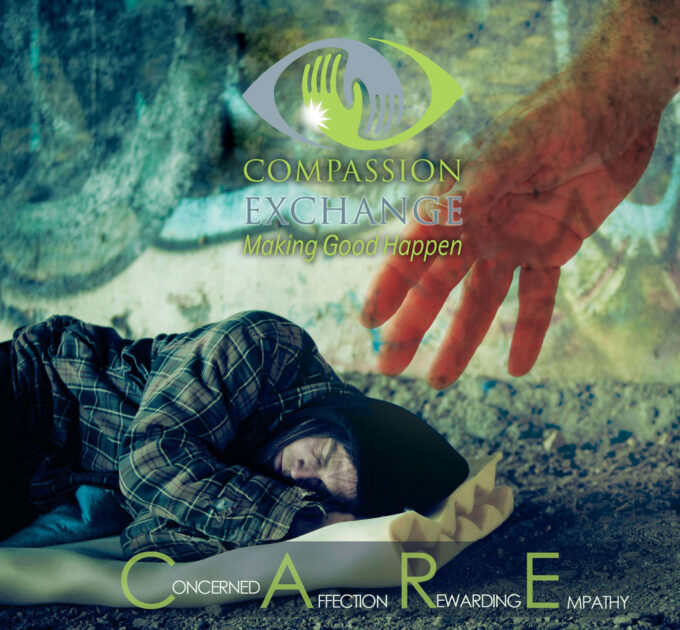
We Are The World
We are one in Spirit but it seems that as human beings we are very separate. This is not so. We are not as separate as we might think. As human beings, we are very much interdependent. We are much more intimate with one another than we might realize. From birth to death we are dependent upon others.
From the time the first humans walked on this planet, the family, the tribe, and the community have been necessary to sustain human life. Today our community includes virtually everyone on Earth; this is certainly evident in the arena of economics and commerce.
As I have my breakfast of fruit, cereal, and coffee, I consider the people from many countries who are part of my morning’s breakfast: the farmers in the United States who grew the grain, the workers on the coffee plantations in South America and the banana plantations in Central America, the dockworkers, the railroaders, the truckers, the distributors, the grocers, and many others are all part of my morning breakfast.
As I go to my closet to get dressed, I find shirts and trousers made in 24 different countries. My watch, my computer, and my automobile were all made in other countries. The food we eat, the clothing we wear, the cars we drive, and the gadgets we operate are produced from virtually everywhere on Earth.
We are finding—slowly and painfully—that our fates as humans are tied to the fates of virtually every other species on this planet. They are tied as well to the delicate balance of the ecosystems by which our lives are sustained. The destruction of a forest thousands of miles from where we live can affect the very air we breathe. The pollution from cars and factories on the other side of the planet can impact our local weather for long periods. …
Deepak Chopra tells us that we are constantly sharing the atoms of our bodies with one another. Based on calculations derived from radioisotope studies, we know that with every breath you exhale, you disburse one hundred billion trillion atoms that were once part of every organ of your body. From these same studies we know that in the past three weeks one thousand trillion atoms have passed through your body that have been a part of the body of every other living being on this planet. And at the present time, your body contains about one million atoms that were at one time a part of the body of Jesus of Nazareth.
Unity cofounder Charles Fillmore recognized the existence of a “race consciousness” that psychically impacts each of us. Pierre Teilhard de Chardin hypothesized the existence of a “noosphere,” a psychic envelope surrounding the Earth and as real as the biosphere and the hydrosphere. Peter Russell suggests that a “global brain” is developing from our interconnectedness. Perhaps the Internet is one manifestation of this global brain or noosphere.
Physically, mentally, spiritually, we are intimately connected with one another. We are not as separate as we may think. We cannot become whole in isolation because, in reality, isolation does not exist.
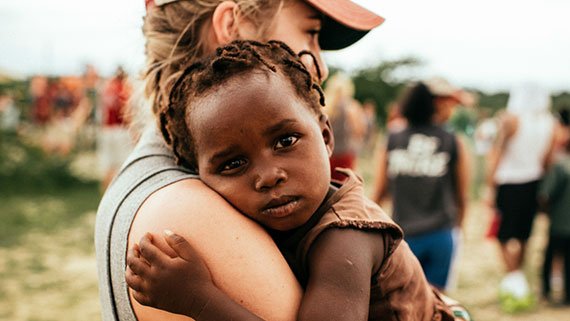
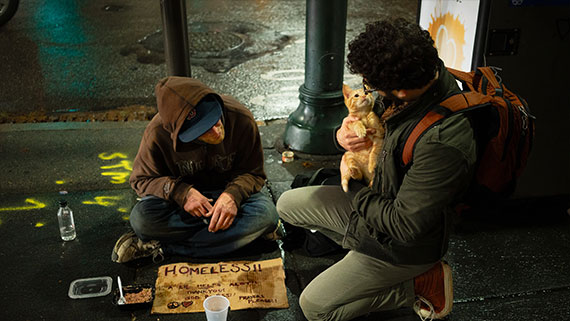
The Power Of Kindness
“No act of kindness, no matter how small, is ever wasted” – Aesop
Kindness is a choice and one we can all immediately incorporate into our daily lives, and the benefits of doing so can be truly astounding. Being kind can significantly increase happiness and also has the potential to positively transform our well-being, life satisfaction, and even how long we live.
While there are key days throughout the year that encourage the act of giving e.g. Pay it Forward Day, World Kindness Day and Thanksgiving, there’s a lot of research out there that suggests that being kind to others is something we should all be practicing daily, and in doing so, we’ll reap countless benefits that not only significantly impact our own lives, but also the lives of others. Here’s what the science tells us:

Being Kind Makes Us Happier
It feels really good to give. There is scientific research that proves that when we’re kind to others, we’re rewarded with boosts of dopamine, the neurochemical found in the brain that’s linked to pleasure and reward. When dopamine is produced, we experience a big surge of positive feelings that often mimic those of a morphine high. In the realm of giving, this is often referred to as the Helper’s High.
Kindness Improves Our Health
In his book Why Good Things Happen to Good People Stephen Post writes, “The remarkable bottom line of the science of love is that giving protects overall health twice as much as aspirin protects against heart disease.” That in itself is amazing! The research found that those who regularly practice kindness report lower blood pressure and decreased stress – although it’s worth noting that being kind doesn’t mean we stop having stressful moments. Unfortunately those still come and go as a part of life, however, research has found that those who regularly practice kindness report lower levels of cortisol (also known as the stress hormone) and also tend to be more resilient and able to push through adversity.
Kind People Live Longer
Numerous studies have linked kindness with improved life expectancy. One such study by Doug Oman of the University of California, Berkeley, found that elderly people who regularly volunteered were 44% less likely to die over a five-year period. Even more remarkable is that those who volunteered for two or more organizations had 63% lower mortality than non-volunteers. This was a stronger factor than exercising four times a week.
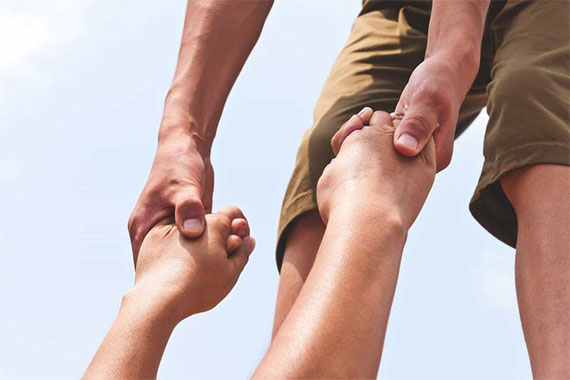
Kindness Improves And Strengthens Social Connections And Relationships
Kind people are often seen as more likeable and trustworthy and according to Sonya Lyubomirsky, a professor in the Department of Psychology at the University of California, Riverside, being kind also leads you to perceive others more positively. In marriage, kindness has been reported to be the most important predictor of satisfaction and long term stability and thus a significant determinant as to whether a marriage will last the long haul.
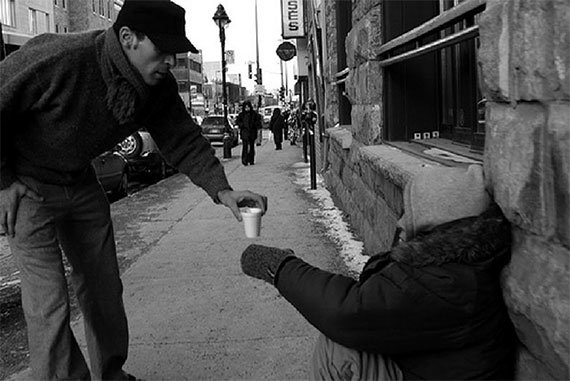
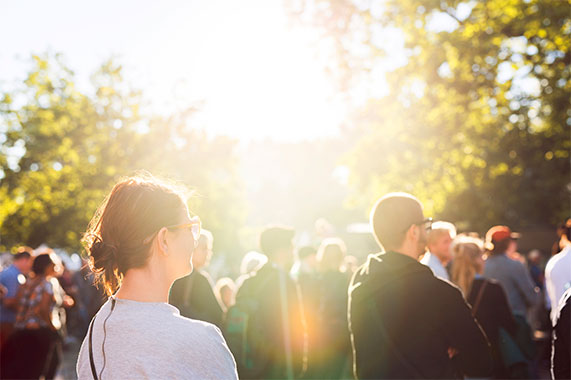
Kindness Is Contagious
Research has shown that one simple act of kindness can spark another, and that those who witness or receive an act of kindness are more likely to pay it forward. A study by James Fowler of the University of California, San Diego, and Nicholas Christakis of Harvard showed that when one person behaves generously, it inspires observers to pay it forward and behave generously later towards different people. The research also showed that one single act of generosity could actually spread by three degrees of separation, and hence that one kind act could potentially end up benefiting hundreds of people.
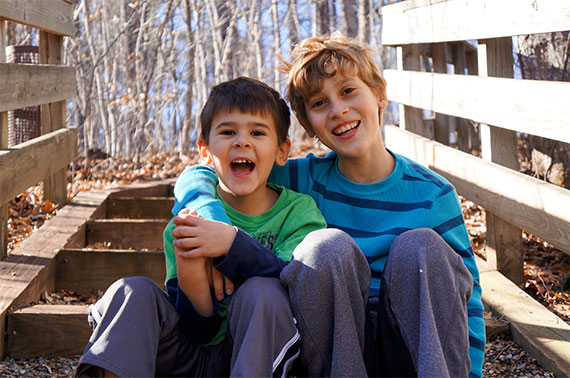
Cultivating Kindness
“Too often we underestimate the power of a touch, a smile, a kind word, a listening ear, an honest compliment, or the smallest act of caring, all of which have the potential to turn a life around” – Leo Buscaglia
Kindness needn’t be extravagant, costly or random. According to the Oxford Dictionary the definition of kindness is “the quality of being friendly, generous, and considerate” and therefore an act of kindness could be as simple as giving a stranger a compliment, sending an encouraging email to a colleague, or letting somebody jump in ahead of you at the checkout.
Researchers have argued that kindness is like a muscle that needs to be strengthened through repeated use, and this reinforces the notion that kindness is something that we can continuously nurture. The art here is to look for opportunities where you can demonstrate kindness and to practice! You’ll soon start to feel the benefits and can rest in the knowledge that your acts of kindness are not only significantly impacting your own life, but also positively impacting the lives of many others in the process.
